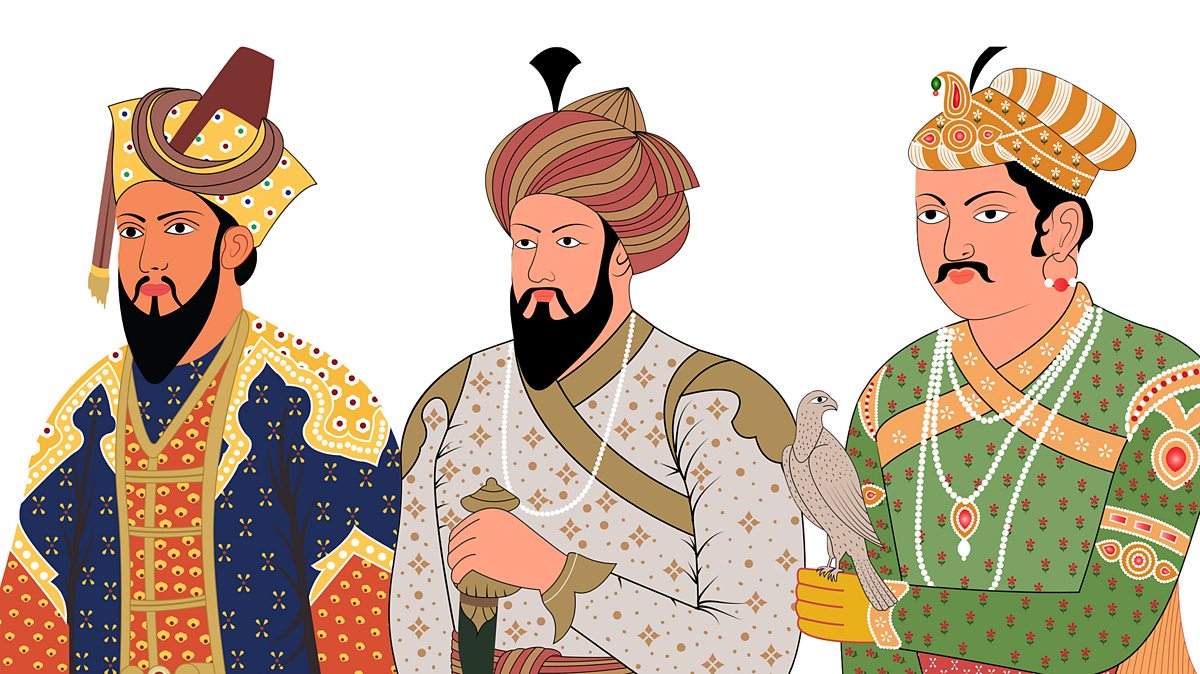Font size:
Print
Women Outnumbering Men in Skills Training
Context:
Under the Pradhan Mantri Vishwakarma Yojana, women have outnumbered men in acquiring skills training.
More on News:
- The scheme has trained 0.35 million individuals till date, of which 68.76% are women and 31.3% are men.
- Of these, 0.23 million women acquired tailoring skills while the majority of males opted for mason training.
- Government data showed 1.04 million individuals enrolled for training under the scheme so far, as against the target of training 3 million under the scheme.
- The highest number of beneficiaries under the scheme are from Karnataka , followed by Gujarat , J&K , Andhra Pradesh , Assam , Maharashtra , .
- However, the scheme has failed to take off in eight states, including Delhi, Tamil Nadu and West Bengal etc.
Pradhan Mantri Vishwakarma Yojana:
- It was launched by the Ministry of Micro, Small and Medium Enterprises (MSME) in 2023.
- Aim: Support traditional artisans and craftspeople across India.
- Objective: Provides holistic and end-to-end support through various components such as:
-
- Access to collateral-free credit: Artisans can avail collateral free loans up to 2 lakh at concessional rates.
- Skill training: The beneficiaries get five-seven days of basic training while the advanced training can go up to 15 days.
- Each beneficiary is given ₹500 per day stipend, a Vishwakarma certificate and ID card during the training.
- Modern tools: Provision of modern tools to improve productivity.
- Incentive for digital transactions: Encouragement to adopt digital payments.
- Market linkage support: Assistance in connecting with markets to sell their products.
-
According to the World Bank, there are five ways to help skills training programs boost women’s participation in the workforce: provide access to finance, support childcare, prevent sexual harassment, safe transportation and encourage women to enter male occupations.
Benefits of Women Skilling on Economy:
- Increased Economic Growth:
-
- Higher Workforce Participation: Skilling empowers women, boosting employability and workforce participation.
- According to the World Economic Forum, the percentage of employable women in India has increased from 41.25% in 2021 to 53.28% in 2023.
- Increased GDP: Studies estimate that closing the gender gap in the workforce could add trillions of dollars to global GDP.
- According to the International Labour Organisation (ILO), closing the gender gap in the workforce could increase global GDP by 26%.
- Diversification and Income Equality: When more women contribute to the economy, it leads to a more diversified and inclusive economic landscape.
-
- Empowerment and Social Benefits:
-
- Improved Living Standards: It leads to improved living standards, better access to education and healthcare, and a positive ripple effect on society.
- Reduced Poverty: Women are more likely to reinvest their income in their families and communities.
- Oxfam reports that from 2000 to 2010, a rise in women’s employment in Latin America contributed to about 30% of the decrease in poverty and income inequality.
- Greater Gender Equality: Skilling programs break gender norms, empowering women in male-dominated fields, fostering workplace and societal gender equality.
-
- Additional Benefits:
-
- Enhanced Business Performance: Companies with a diverse workforce benefit from a wider range of perspectives and experiences, leading to better decision-making and improved business performance.
- Innovation and Entrepreneurship: Skilling can encourage women to start their own businesses, contributing to innovation and entrepreneurial growth within the economy.
- According to a study, by accelerating the quality and quantity of entrepreneurship among women, they can generate 150-170 million jobs by 2030.
-
In conclusion, the Pradhan Mantri Vishwakarma Yojana’s success in attracting more women to skills training aligns with UN SDG 5 on achieving gender equality and empowering women, potentially leading to a more inclusive and prosperous economy.


